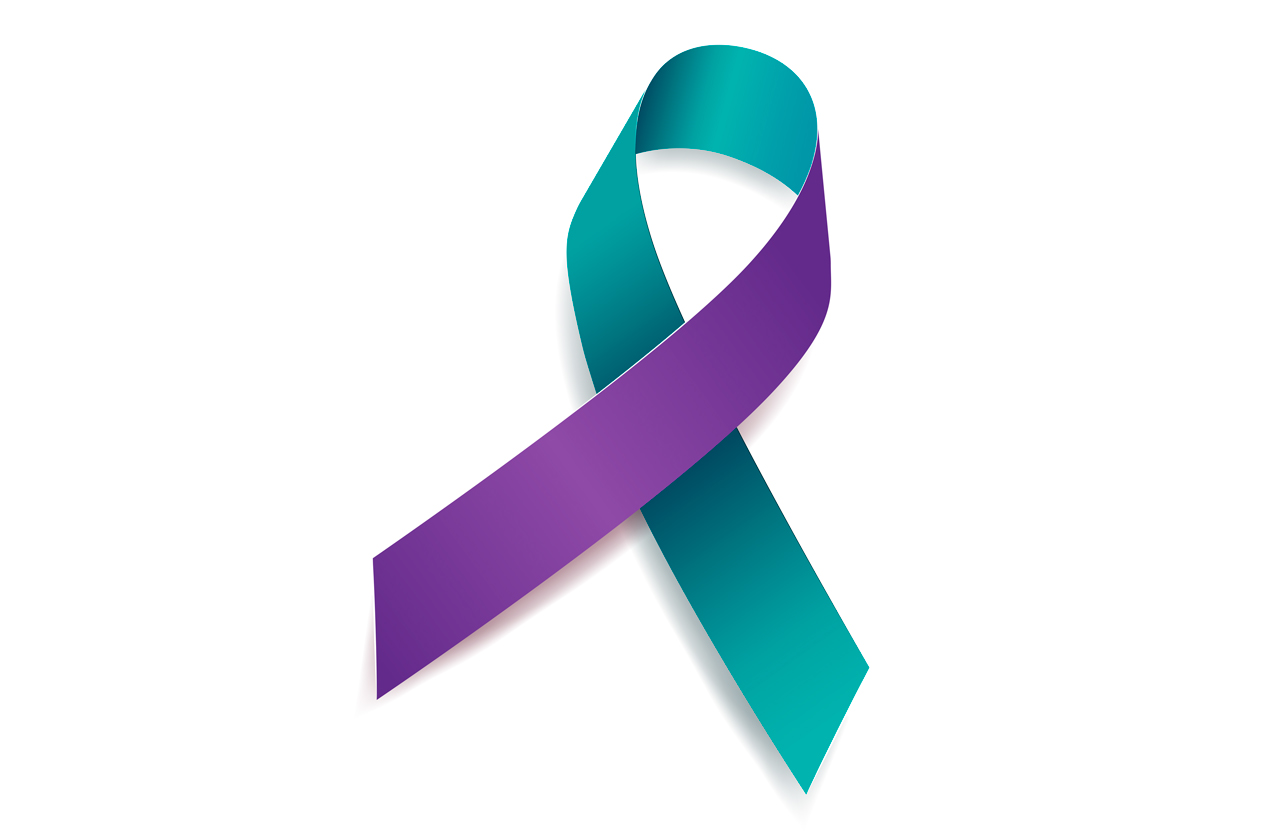Ronald Levinson III, PharmD

Pharmacists are an accessible point of contact for patients to discuss their health needs, and a study published September 13, 2023, in JAPhA suggested that pharmacists may be key health care professionals in the growing mental health crisis.
Researchers examined Iowa community pharmacists’ encounters and confidence levels as they related to patients with suicide warning signs. The study also explored the growing need for pharmacist training in this area. One hundred and sixty-one community pharmacists in rural and suburban Iowa completed the survey used for the purposes of the study.
“During COVID-19, there was a lot in the news about older adults experiencing distress, such as loneliness, anger, or even thoughts of suicide,” said lead author Matthew J. Witry, PharmD, PhD, associate professor at the University of Iowa College of Pharmacy. “We wanted to see what the community pharmacists in the state were experiencing with their patients. We were hoping to learn about what we could target with future initiatives to help pharmacists feel more confident and better equipped to help.”
Pharmacists reported a high number of encounters with patients with suicide warning signs. Most encounters described patients in distress, ranging from expressions of hopelessness to anger.
“Certainly a striking element in the data was how universal it was among pharmacists to report encountering patients in distress, including hearing about their negative life events, loneliness, and displays of anger,” Witry said.
Need for training
The research team reported the association between prior training in suicide prevention and supportive behaviors such as pharmacists asking patients directly about suicide and referring them to resources.
A third of survey respondents had previous suicide prevention training, which was significantly associated with high levels of confidence and patient interventions. Most respondents expressed interest in obtaining training on intervention strategies and knowing where they could refer patients.
“These findings are consistent with other reports from pharmacists,” said Witry. “It adds to the evidence supporting the role of training for frontline personnel who are interacting with the public.”
Witry noted that pharmacists already perform interventional behaviors in their regular line of work, such as counseling on medications that can increase suicidal ideations, safe medication storage and disposal, and withholding medications because of potential harm risks.
“It is powerful to see how pharmacists are supporting patients in their communities, especially given the constraints of the workplace,” Witry said. However, additional training in suicide prevention and how these interventions can be part of an action plan can contribute to more confident pharmacists who are able to respond to patients at risk for, or currently experiencing, mental health crises. ■
American Foundation for Suicide Prevention (AFSP): AFSP is a voluntary health organization with educational resources about mental health and suicide prevention.
For Your Health: Managing Chronic Stress to Prevent Burnout: This APhA online knowledge-based CPE activity offers pharmacists information about how to manage stress and prevent burnout in the workforce.
CDC Prevention Partner Toolkit: CDC’s Injury Center created a Suicide Prevention Month Social Media Toolkit, which includes sample social media graphics and messages centered around the key role personal connections play in preventing suicide.
Mental Health First Aid: This skills-based training course teaches participants to identify, understand, and respond to mental health and substance use challenges.
QPR Training: QPR stands for Question, Persuade, and Refer—the three simple steps anyone can learn to help save a life from suicide. People trained in QPR learn how to recognize the warning signs of a suicide crisis and how to ask questions and persuade and refer someone to seek help.
APhA 2019 Policy: Pharmacists’ Role in Mental Health and Emotional Well-Being
APhA encourages all health care personnel to receive training and provide services to identify, assist, and refer people at risk for, or currently experiencing, a mental health crisis.
APhA encourages employers and policy makers to provide the support, resources, culture, and authority necessary for all pharmacy personnel to engage and assist individuals regarding mental health and emotional well-being.
APhA supports integration of a mental health assessment as a vital component of pharmacist-provided patient care services. (JAPhA. 2019;59(4):e16) ■